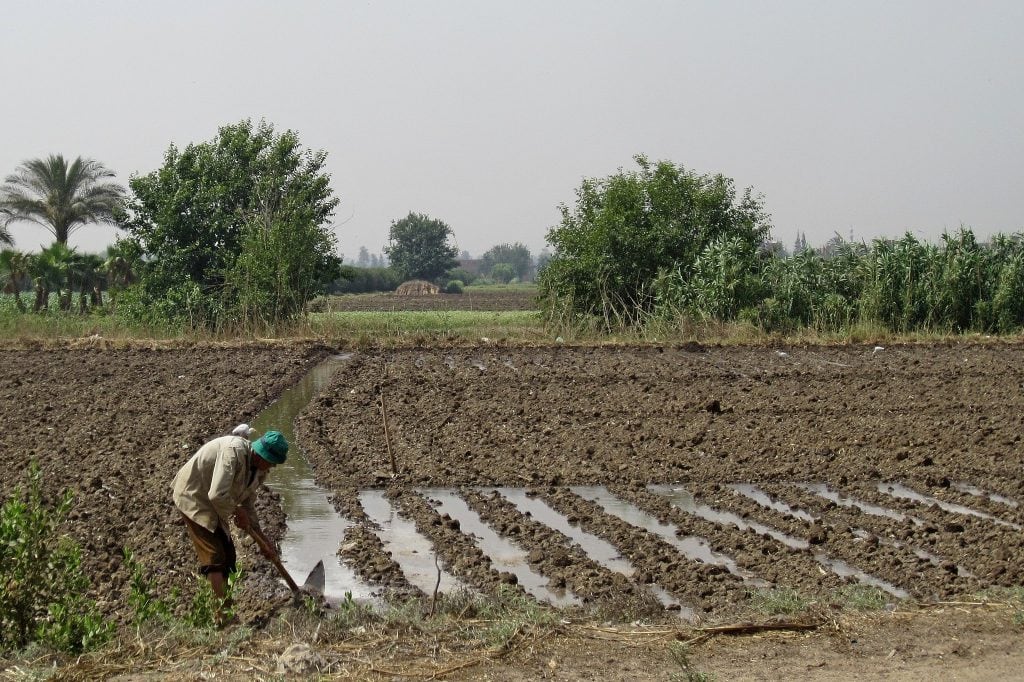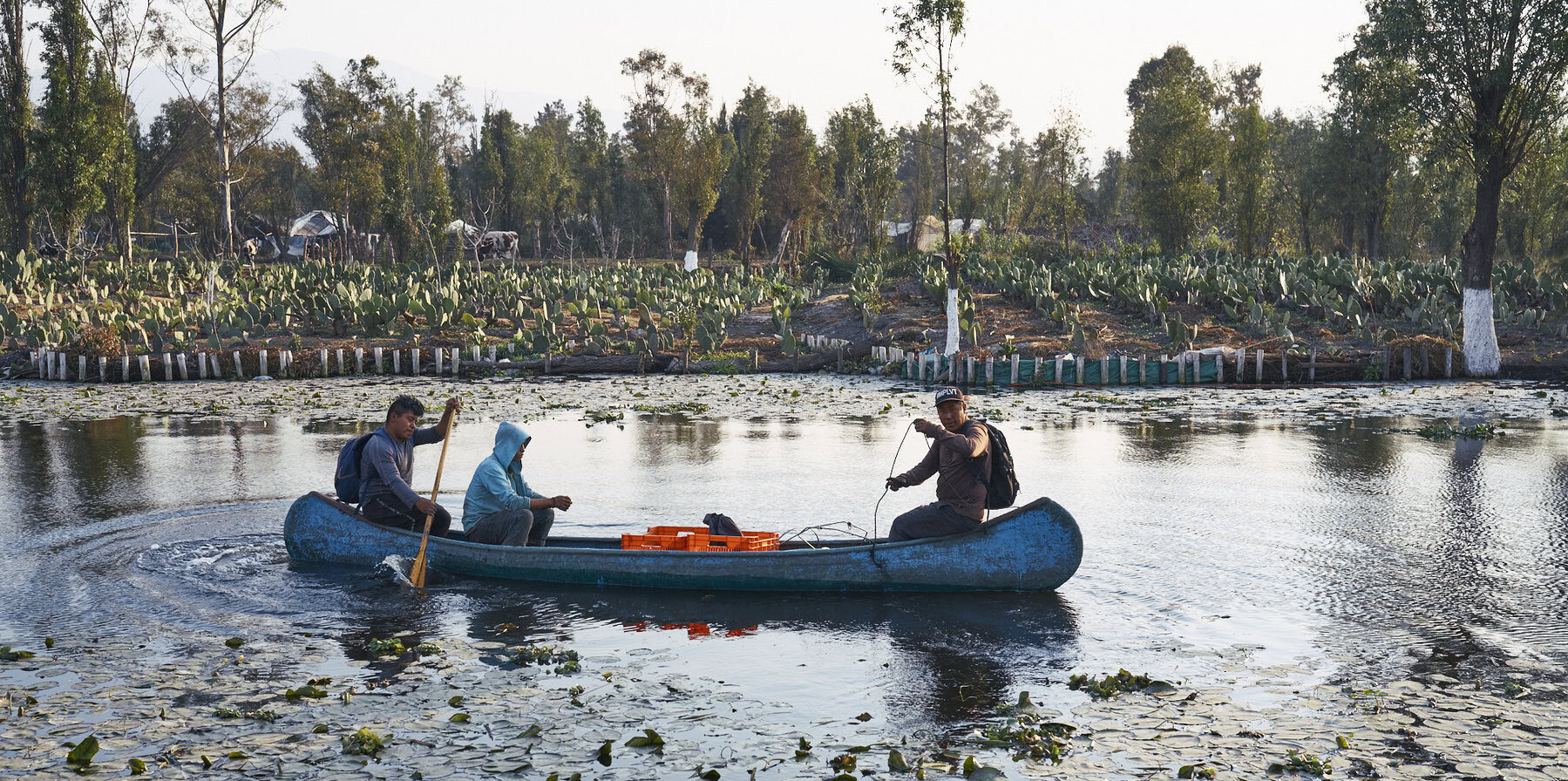Three great stories we found on the internet this week.
Spit take
As plastic bag bans continue to stoke love and outrage around the world, scientists are exploring a new way to get rid of the vexing polyethylene carry-all: the saliva of wax worms.
Where mechanical recycling fails, the worms, whose spit quickly breaks down plastic bags, could become a go-to recycler. “The reaction happens within a few hours at room temperature suggesting that enzymatic breakdown may be a route to making use of polyethylene waste,” said one professor.
An estimated four trillion plastic bags are used every year around the world. Most end up in landfills, where they’ll take about 1,000 years to degrade. The Guardian reports that the saliva solution could even be sold to consumers in the form of home kits someday.
Future farmers
Forget FarmVille. Tech startups in Egypt are creating apps with real-world agriculture impact. Using their smartphones, small farmers in Egypt are pocketing higher profits, securing cheaper storage for their harvests, and getting early warnings about problematic weather, disease and insects.

Quartz reports that in Africa, Egypt is second only to Nigeria when it comes to tech startups. That fact, combined with the country playing host to the UN’s big climate conference this year, has led to a boom in app-based solutions for the country’s farmers. For instance, the app El Shuna helps small farmers, often excluded from major distribution systems, reserve space for their harvests in warehouses where exporters buy inventory.
“Agri-tech is becoming a very promising sector to invest in,” said the manager of a startup incubator at Nile University. “There are so many of the problems farmers here face that you can easily tackle with tech.”
Weighed down by negative news?
Our smart, bright, weekly newsletter is the uplift you’ve been looking for.
Chill weekend
No matter what they’re debating, things won’t get heated with the European Parliament’s 705 lawmakers over the next few months. The institution has turned down the thermostat to 66 degrees Fahrenheit (19 Celsius) to save energy and money.
On weekends, when parliament isn’t in session in their Brussels and Strasbourg buildings, they’ll turn off the heat completely. In warmer months, room temperatures will be kept to 77 degrees (25 Celsius).
The move is expected to save about $2 million a year, and comes as energy prices are hitting record levels. Russia — unhappy with sanctions over its invasion of Ukraine — has cut off most natural gas to Europe, driving up prices. But the dial-down has another benefit: fewer emissions that drive climate change. Last year, the EU made climate neutrality in 2050 a legally binding obligation.












